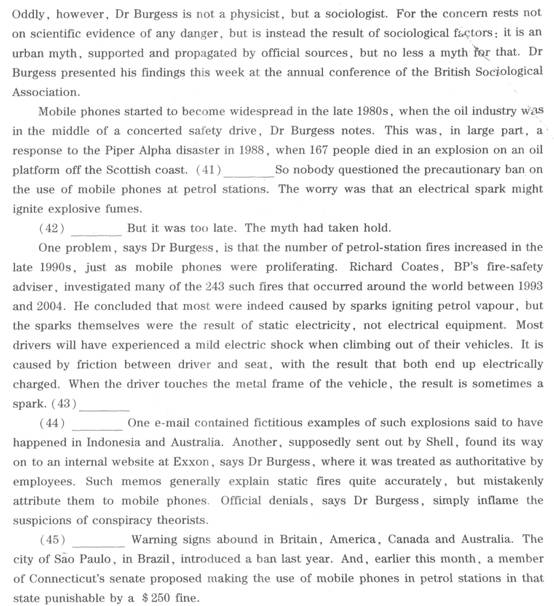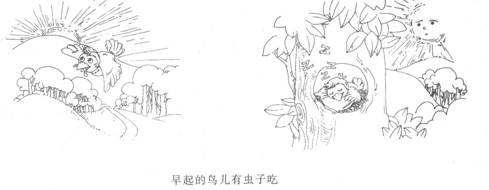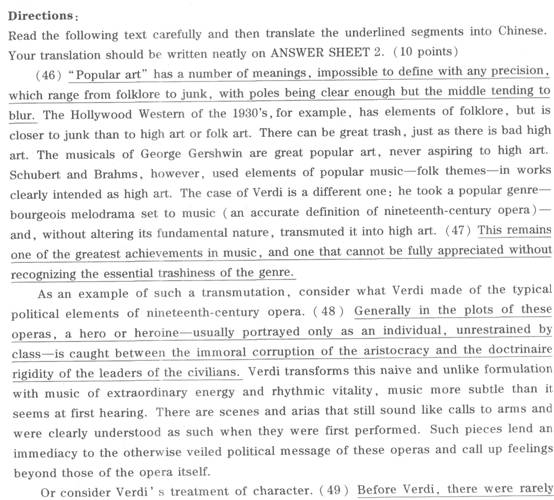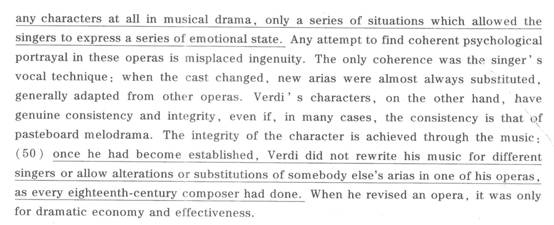

[A] The safety drive did not apply merely to offshore operations: employees at some British oil-company offices are now required to use handrails while walking up and down stairs, for example.
[ B] As a result, the company had to pay a huge amount of compensation to the families of the victims and law suits concerning those fires seemed to be endless.
[ C] A further complication was the rise of the internet, where hoax memos, many claiming to originate from oil companies, warned of the danger of using mobile phones in petrol stations.
[ D] This is particularly noticeable in Britain. The country that led the way in banning mobile phones at petrol stations is also the country that has taken the strongest line on the safety of mobile-phone use by children.
[E ] Despite the lack of evidence that mobile phones can cause explosions, bans remain inplace around the world, though the rules vary widely.
[ F] By the late 1990s, however, phone makers--having conducted their own research-realized that there was no danger of phones causing explosions since they could not generate the required sparks.
[ G ] This seems to have become more common as plastic car interiors, synthetic garments and rubber-soled shoes have proliferated.
根据以上内容,回答1~5题。
__________
-
Your company is bringing up the consumer data up to date. Write a letter to your client to
1 ) ask him to fill in a form. and
2) emphasize the importance of this information.
You should write about 100 words on ANSWER SHEET 2. Do not sign your own name
at the end of the letter. Use "Li Ming" instead. You don' t have to write the address. ( 10 points )
-
Write an essay of 160- 200 words based on the following drawings. In your essay,
you should
1 ) describe the pictures,
2 ) interpret the meaning, and
3) comment on the issue.
You should write neatly on ANSWER SHEET 2. (20 points)

-
__________
-
__________{Page}
-
__________
-
__________
-


根据以上内容,回答1~5题。
__________
-
__________
-
__________
-
__________
2005年初级经济师考试《旅游经济专
初级旅游经济师试题及答案一
初级旅游经济师试题及答案二
2005年初级经济师考试《邮电经济专
初级经济师试题及答案1(邮电经济)
初级经济师试题及答案1(保险经济)
初级经济师试题及答案2(邮电经济)
初级经济师试题及答案2(保险经济)
初级经济师试题及答案3(保险经济)
2014年经济师初级考试真题《建筑经


